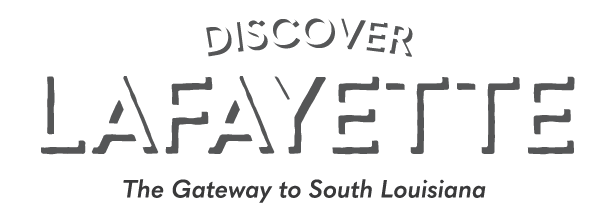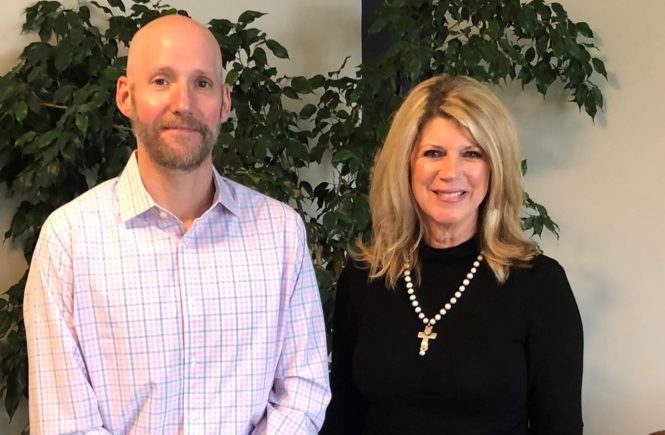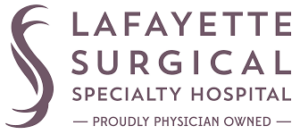Podcast: Play in new window | Download (Duration: 51:01 — 70.1MB)
We’re joined by Dr. Gary Wagner, Acadiana Business Economist and Endowed Chair at UL- Lafayette B.I. Moody III College of Business Administration.
This is Dr. Wagner’s second interview, the first having been conducted in March of 2020, right before the pandemic shut down things for a while and threw the employment market a curve ball unlike any other.
The pandemic recession was historic. Dr. Wagner always tracks economic data and was taken aback by the number of job losses we saw in a short period of time, saying, “It was like nothing we had seen in 80 to 100 years.”
Thankfully, the U. S. has regained all the jobs that were lost. Lafayette has done very well in the past six months compared to the rest of Louisiana, with many job gains in the healthcare sector. The oil and gas sector has not lost jobs but is still hovering at about 13,000, where we were at the end of 2014 when the bottom fell out of the market.
With oil and gas still being the highest-paying job field in Louisiana, the state of this industry is of crucial concern. Dr. Wagner reflected on the mid-1980s when the energy industry peaked and constituted one-third of Louisiana’s economy; 33 cents of every dollar earned at that time was tied to oil and gas. Today, it’s 1%. In Dr. Wagner’s view, “We’re now seeing the consequences of antiquated tax policies put in place decades ago which are not conducive to attracting business. By historically relying upon oil and gas production as a captive resource with our tax system built around that commodity,” we can expect stagnant business conditions.
Southern states tend to rely upon sales taxes rather than property taxes, which in Dr. Wagner’s view is a less stable and regressive way to tax citizens. He prefers to see a property tax as the main source of revenue as it is more stable and less impactful on lower-income individuals who end up spending a bigger chunk of their income on taxes when they purchase basic commodities.
Healthcare is driving job growth in Acadiana and is our top employer along with education, with 20% of our jobs coming from these two sectors. Six percent of our local economy is oil and gas related. Wagner noted that our region recovered very quickly after the hit it took in late 2014. “It says a lot about our people as not many regions have bounced back after such a blow to their economies.”
With UL-Lafayette now being designated as a Carnegie R1 university (top-tier research institution), Lafayette and the surrounding region have much to celebrate. Dr. Wagner said this recognition will attract talented people and not just academics who want to work for UL. Lafayette will be viewed as a hub for creativity, talent, and innovation. Innovation is what drives a region. Other metro areas that have R1 universities, such as Austin, Columbus OH, and Raleigh/Durham, have all grown exponentially and are known for attracting talent. He noted that he could think of only two thriving metro areas that don’t have R1 universities: Boise, Idaho has Hewlett Packard and attracts top talent; and Rochester, Minnesota has the Mayo Clinic and is a medical hub.
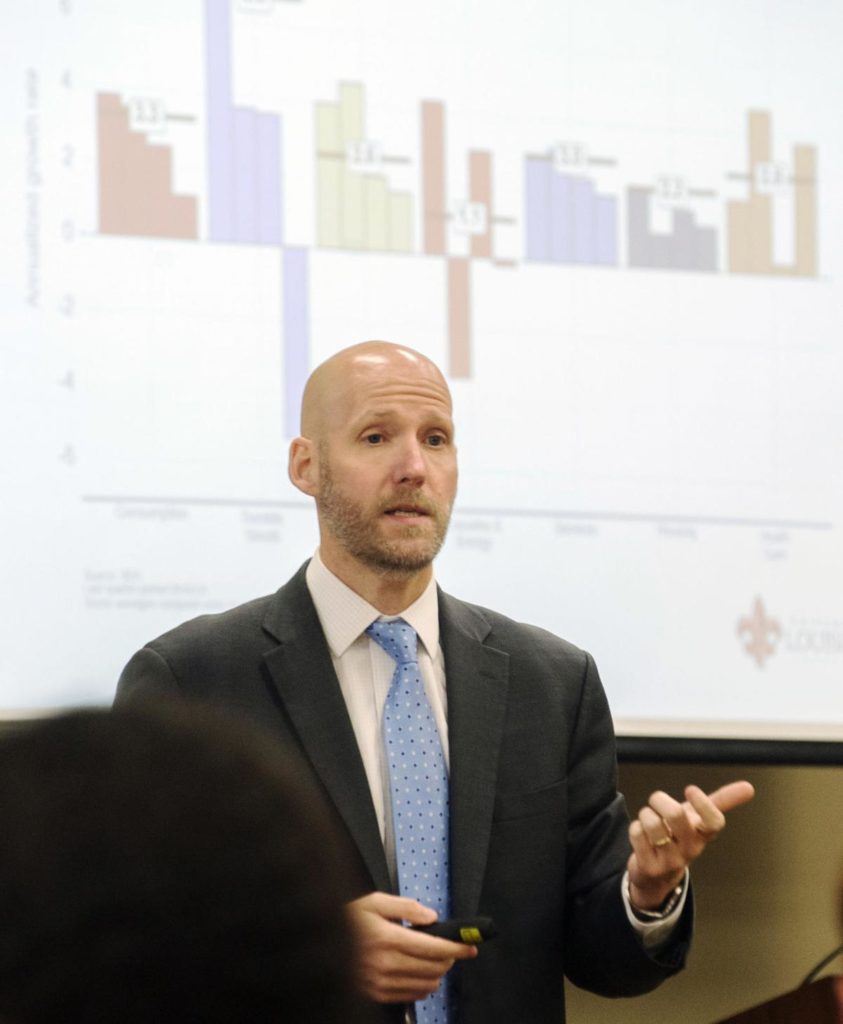
“Lafayette is a great place to live with a great university. I’ve worked at other R1 universities and I’ve never seen in other places the connection that our people have here to the university such as UL does. The community support for UL-Lafayette is amazing. And what a great place to live! People can work remotely anywhere now and have options as to where they can live. We have a very unique culture compared to the rest of the country and could become a bedroom community for Houston and other thriving metro areas. We can capitalize on our quality of life.”
Inflation is the biggest problem we’re facing today. He doesn’t predict much growth into next year due to inflation. While people saved at record levels during the early stage of the pandemic due to uncertainty about the future, the stimulus package spurred spending at high levels, leading to a 40-year high for inflation, the highest since the 1970s. There is nothing at this point to indicate it will turn around any time soon. Locally and nationally, we won’t see much job growth as the Federal Reserve aggressively raises interest rates as a means to slow the economy and get inflation under control.
Lafayette’s number of patents is on par with the national average, and higher than the rest of the state. But that is not the only way to innovate the marketplace. Dr. Wagner would like to see a greater partnership with UL-Lafayette and the healthcare sector to spur innovation in that industry.
Investment in our public education system is also a key priority for Dr. Wagner. He feels it is important to keep our talent here. “The people who will be driving the future of our region are here now. Investing in education and cultivating an entrepreneurial spirit in our young students will pay dividends 20 years from now. Most of our students will stay here; this is a long-term strategy.”
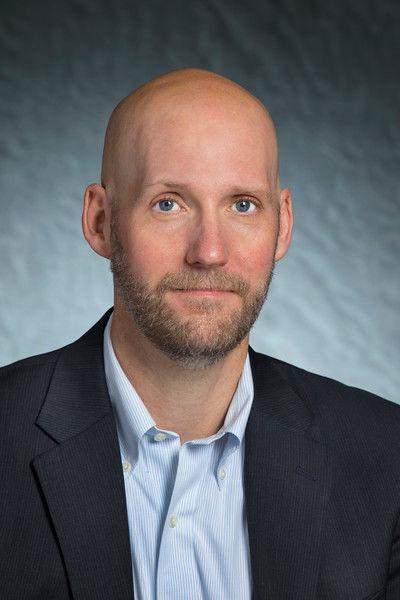
“Seattle became ‘Seattle’ because Bill Gates was born there. Similarly, Austin is a tech hub because Michael Dell went to UT-Austin and started Dell Computers. Who knows where the next Bill Gates is, sitting around Acadiana just waiting to flourish? I’d rather see investments in people who are here than try to attract people to come here. We underinvest in public education. I want to see our kids be talented and innovative. Innovative places invest in education. Look at Raleigh/Durham in 1950. The Research Triangle was nothing. Now it’s one of the higher-income places in the U. S. They made targeted investments that really paid off. They stuck with the plan.”
Dr. Wagner publishes a quarterly report with updates on economic conditions and trends. You can access the B.I. Moody III College of Business Administration Louisiana Economic Activity Forecast here and sign up to receive updates.
We thank Dr. Wagner for his service to our community as well as the college students he teaches Intro to Economics and Economic Measurement Analytics!
